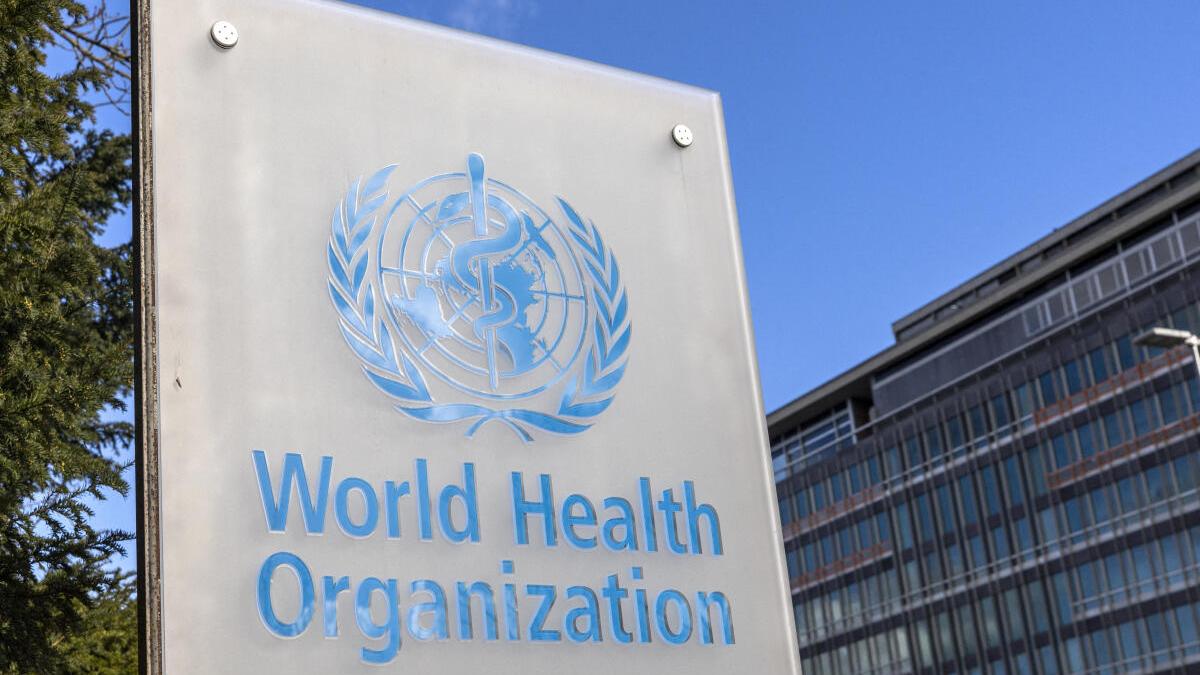Health officials from the 194 member states of the World Health Organization (WHO) hope next week to complete more than two years of negotiations on new rules for responding to pandemics when they gather in Geneva.
Negotiations go to the wire on Friday for two complementary deals set to be formalised at the May 27-June 1 meeting: an update to existing health rules on outbreaks and a new legally-binding treaty to shore up the world’s defences against future pathogens after the COVID-19 pandemic killed millions of people.
Some observers say this World Health Assembly, set to be attended by some 100 ministers, is the single most important moment for the WHO since its 1948 creation and will define the legacy of Director-General Tedros Adhanom Ghebreyesus, mid-way through his second term.
What is the so-called pandemic treaty?
The WHO already has binding rules known as the International Health Regulations (2005) which set out countries’ obligations where public health events have the potential to cross national borders. These include advising the WHO immediately of a health emergency and measures on trade and travel.
Adopted after the 2002/3 SARS outbreak, these regulations are still seen as functional for regional epidemics such as Ebola but inadequate for a global pandemic.
Much of the impetus for a treaty comes from a desire to address the COVID-era shortcomings of the current system, chiefly avoiding a repeat of the “vaccine apartheid” denounced repeatedly by Tedros, and ensuring faster, more transparent information sharing and cooperation.
One of the most important and fiercely debated sections of the treaty, Article 12, envisages reserving around 20% of tests, treatments and vaccines for the WHO to distribute to poorer countries during emergencies although the exact portion is still contested, negotiators say.
It would be only the second such health accord after the 2003 Framework Convention on Tobacco Control, a treaty which aims to reduce smoking via taxation and rules on labelling and advertising.

How will global health rules change?
Updates to the IHR rules include a new alerts system for communicating different risk assessments for future outbreaks, following criticism that cumbersome existing rules slowed the global response to the COVID-19 emergency.
Currently, the WHO has only one level of emergency – a public health emergency of international concern (PHEIC) – whereas the new system envisages an intermediary stage called an “early action alert”.
Negotiators are also considering a “pandemic emergency” for the most serious public health threats, addressing a gap in its current system which does not use the term pandemic at all.
Other revisions include attempts to bolster states’ obligations, in one case strengthening language on their duties to inform the WHO on public health events from “may” to “should”.
How do countries view the pact?
Negotiations have been characterised by major rifts between wealthy and poorer countries’ positions that have confounded mediators’ attempts to bridge them.
The treaty talks missed a key deadline of May 10 and all but collapsed, prompting Tedros to convene an emergency meeting last week to boost morale, sources involved in the talks said.
Besides the sharing of drugs and vaccines, one of the most contested aspects is financing, including whether to set up a dedicated fund or draw on existing resources, such as the World Bank’s $1 billion pandemic fund.
Negotiations have sometimes dragged on late into the night, getting stuck on technicalities.
Another factor constraining negotiators has been political pressure over the treaty, particularly by right-wing groups and politicians who say it threatens sovereignty, which the WHO strongly denies.
What happens next?
The new IHR rules and the pandemic accord are designed to complement each other and views vary over whether one could exist without the other. Sources say the IHR talks are more advanced and more likely to pass.
However, two Western diplomats expressed fears that those seeking big concessions on the pandemic treaty will hold the IHR talks “hostage”.
Unlike the treaty, which would require ratification to take effect, possibly taking years, the IHR changes take effect automatically after 12 months unless countries opt out.
Assuming the talks do not collapse, further negotiations will almost certainly be required to define exactly what benefits would be triggered by the new rules, negotiators say.











